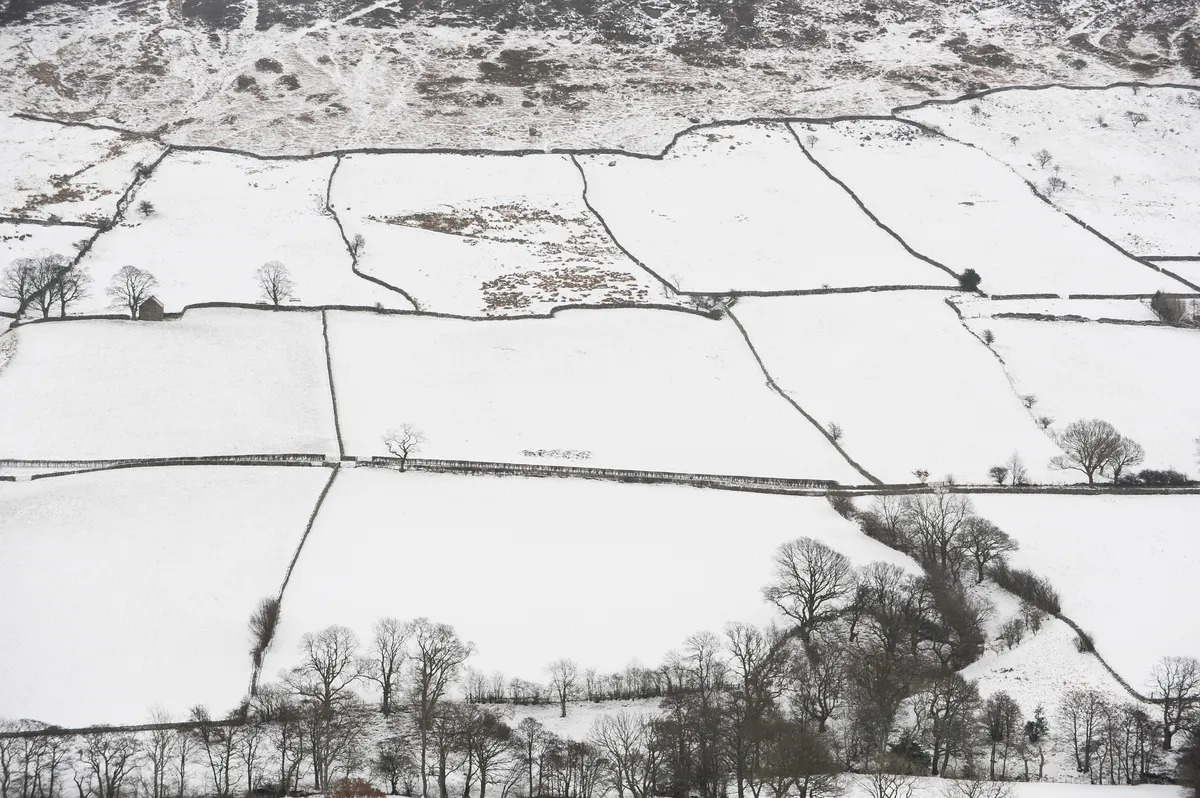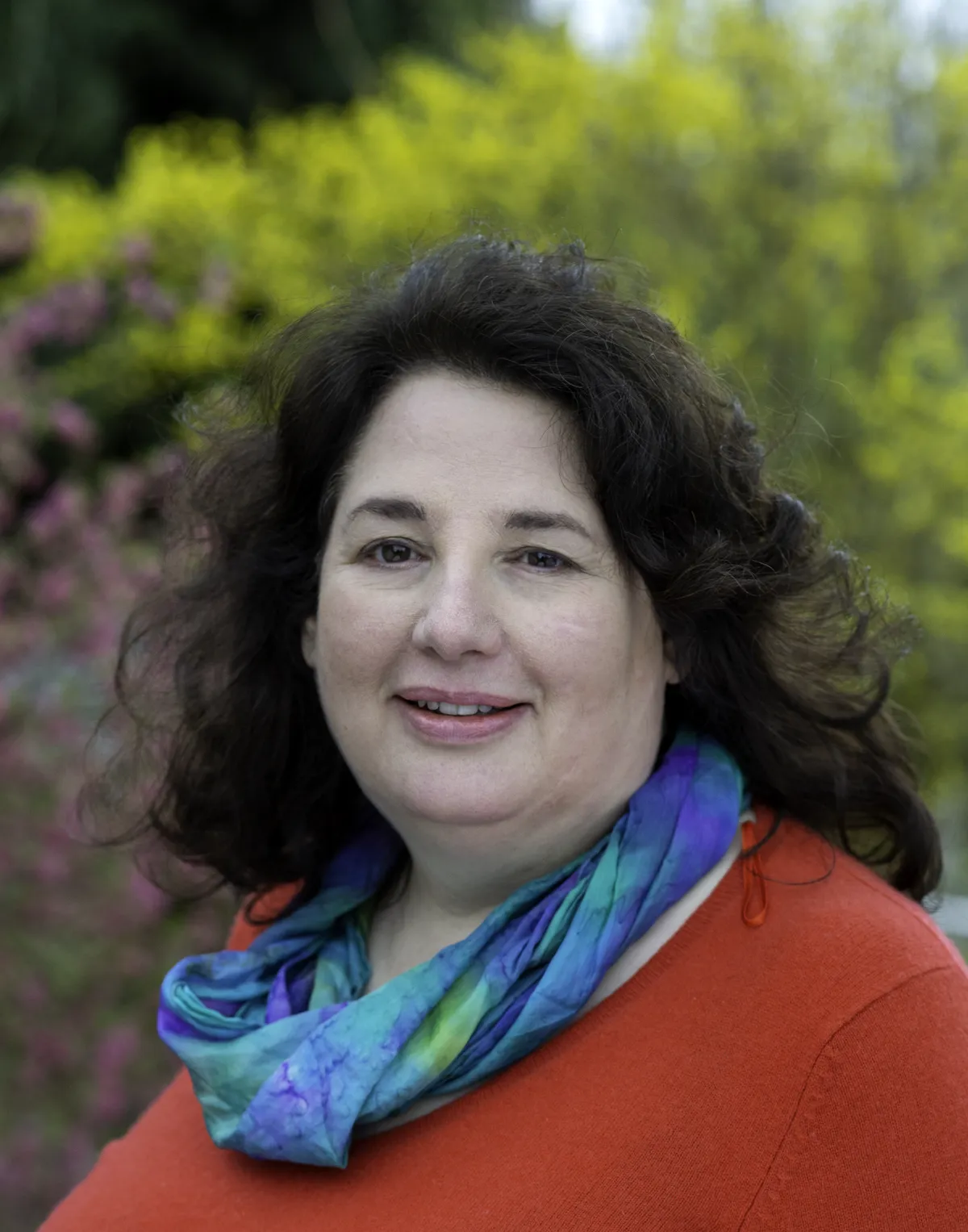The many beautiful entries in this year's New Nature Writer Competition roamed from urban park to moorland, mountain, lake, coast to garden. If you entered, thank you so much. Reading them was a thrilling reminder of the power of nature to soothe and heal; but also to energise and excite.
Choosing a winner was difficult; thank you to our talented judges – Springwatch presenter Gillian Burke and award-winning authors Nicola Chester and Cal Flyn – for their thoughtful consideration.
One entry stood out as the winner. If you enjoy it, then look out for this year's fantastic runners-up on the website over the next few days.
Joe Pontin

WINNER: Scarlet ribbons
by Elizabeth Stanforth-Sharpe
I was two when I came to love the tiny, red flowers that spilled over the worn doorstep of my first home and splattered the cracked pathway to the beck with vibrant colour. Like Hansel’s breadcrumbs, the Scarlet Pimpernel ribbon was my security on those earliest adventures, as I negotiated the bracken-laced slope to the water’s edge, steadying myself by clinging to the lichen-covered stone walls built by my father and generations of tenant farmers before him. Not yet high enough to see over the coping, I peeped through gaps between the hearting stones, following the sound of the tractor, to glimpse him as he worked in the fields beyond.
The beck, after which our farm was named, opened into a shallow, rocky strand just yards from the house and it was, in turn, my playground, my confidante and my muse. The sparkling, pellucid waters murmured continuously, flowing over algae dressed boulders where newts and sticklebacks weaved in and out of view, receiving my secrets and songs as I stirred up cloudy drifts of silt with wellington-booted, swinging legs, nibbling on the citrusy leaves of the Wood Sorrel, and gathering my favourite red sandstone pebbles into organised piles.
The banks of the beck punctuated the passage of the years, each flower and bud holding its beauty in tension with the local folklore in which it was wrapped. The Snowdrop nodded a lady-like white head to Candlemas Day, but the flower must never be carried into the home, as it brought death over the threshold and curdled the milk of the cows. The knotted and fissured Hawthorn tree was a heady, fragrant source of pleasure. Birds raised their young in its branches; dormice nibbled the papery, white blossom; insects, bees and long-nosed lappet moths hovered in, out and through the foliage, and the hairy caterpillars of the zig-zag dancing Eggar moth wriggled slowly over the toothed leaf lobes, but the plant was another harbinger of doom, and no matter how much the temperature may rise, we stayed bundled up in our winter clothing until the last blossom had faded. The miniature daffodils were the Lenten pride of the moors, Primroses arrived for Easter, Speedwell, Cowslips, Foxgloves, Violets and Wood Anemone followed as the days lengthened, and the blushing Dog Rose never forgot my birthday.
The Snowdrop nodded a lady-like white head to Candlemas Day, but the flower must never be carried into the home, as it brought death over the threshold and curdled the milk of the cows
Sucking the nectar from Clover, holding Buttercups under my chin, gobbling Blackberries and Wild Strawberries from stained fingers, and always fascinated by the waters of the beck – sometimes gushing hurriedly over the rocks like an harassed businessman rushing to catch his train, sometimes dawdling like a child reluctant to be cooped in the classroom, and sometimes absorbing the soft blattering* of a warm dagg** – I never tired of the days passed in that special place.
Beyond the opposite bank of my beck was a canopy of trees, surrounding a clearing that emanated peace and tranquillity. It was the final resting place of a Quaker community of the seventeenth century, persecuted for their faith and denied church burial. In the summer months, the glade was a froth of Oxeye Daisies, Cow Parsley and Poppies, attended by shimmering dragonflies, bees, Cinnabar moths and a myriad of butterflies. The paintbox palette gracefully gave way to the rich crimsons, deep ochres and rust browns of autumn as the trees blanketed the ground with their fluttering leaves. I could not imagine a more delightful spot to spend eternity.
On days so dreary that the Scarlet Pimpernel closed its petals tight, and the uneven ground was too slippery to navigate, I would curl up on the window seat of my bedroom, feet wrapped in my winceyette nightgown, and peer through the tiny panes of the Yorkshire window. The winter that the beck froze over, I ached to touch the cloudy white sheets of thick ice that stopped the flow and to walk through the snow that I could see stretched over the countryside, but I was not allowed out.
That was the winter that my father took up his Tilley lamp and went to rescue the sheep. He fell into a deep gully and lay in the frigid conditions until an RAF helicopter was able to reach him. The thaw never came for our moorland household. By the time the big freeze was over, the snowdrops had cast their morbid spell, my father was dead, and the little beck was no longer ‘my’ special place. Mine and my mother’s possessions were packed, and the farm had a new tenant.
Access to the Scarlet Pimpernel path was gone, but I feel so blessed and privileged that it once presided over magical days in that gloriously gorgeous place that held my glistening, beautiful beck.
* ’blattering’ – North Yorkshire dialect, meaning ‘splashing’ or ‘puddling’
** ‘dagg’ – North Yorkshire dialect, meaning ‘drizzling rain/shower’
If you enjoyed this year's winning entry, you might be interested in reading about our New Nature Writer of The Year 2021.
What the judges said
Gillian Burke: “Achingly beautiful. This piece is near-perfect as far as I am concerned. It hit every mark, delivering all the elements set out in the brief and more. I could read it again and again and again.”
A biologist, Gillian presents the BBC’s Watches series. She also writes a column for our sister magazine BBC Wildlife.
Nicola Chester: “I loved the 'Hansel's breadcrumbs' of the Scarlet Pimpernel path that led you back to the past, to a Lost Eden. The line 'The thaw never came for our moorland household' has such devastating power.”
Nicola is the author of On Gallows Down, winner of the Richard Jefferies Award for the best nature writing published in 2021.
Cal Flyn: “What a striking piece of writing. This was lyrical, knowledgeable and showed deep connection to a place. It also came with an emotional whack that made me want to lie down.”
Cal is a journalist and author of Islands of Abandonment, shortlisted for the James Cropper Wainwright Prize 2021 for Nature Writing.
Meet the winner

Elizabeth Stanforth-Sharpe says the events she describes in her story took place ‘a very long time ago’ in the North York Moors. 'I’m told that the farm is now owned by a well-known person who likes his solitude, and the barn where the cats retreated to have their kittens, and the they-won’t-find-me-here reading den I built amongst the bales, is now a recording studio.'
Though she now lives in a seaside town, she confesses: ‘I have absolutely no resonance with the sea or the nature it inspires. [But] As soon as I’m standing in a country lane, with grass verges, birdsong, wildflowers, trees, and a stream nearby, the energy just pours back into me.’
With a background in theatre, the classics and textiles, Elizabeth has 'a very badly maintained blog', as well as writing occasional reviews for ON-Yorkshire magazine, some poetry and a couple of theatrical commissions. She says she would now like to do more nature writing, adding: ‘winning this prize has boosted my confidence in my writing hugely.’
Thanks also...
...to the following fantastic entries, which the judges loved. You can read these entries here over the next few days.
Runners-up
Rhiannon Law
Katherine Ilett
Vanessa Wright
Highly commended
Jo Cross
Amy Fox
Jen Jones
Main picture: Quill and squiggle/Credit: Getty.

